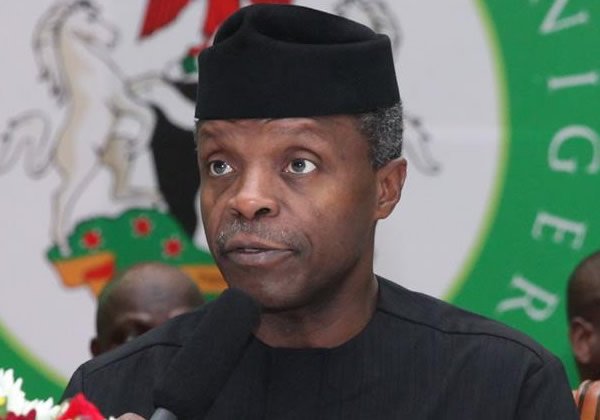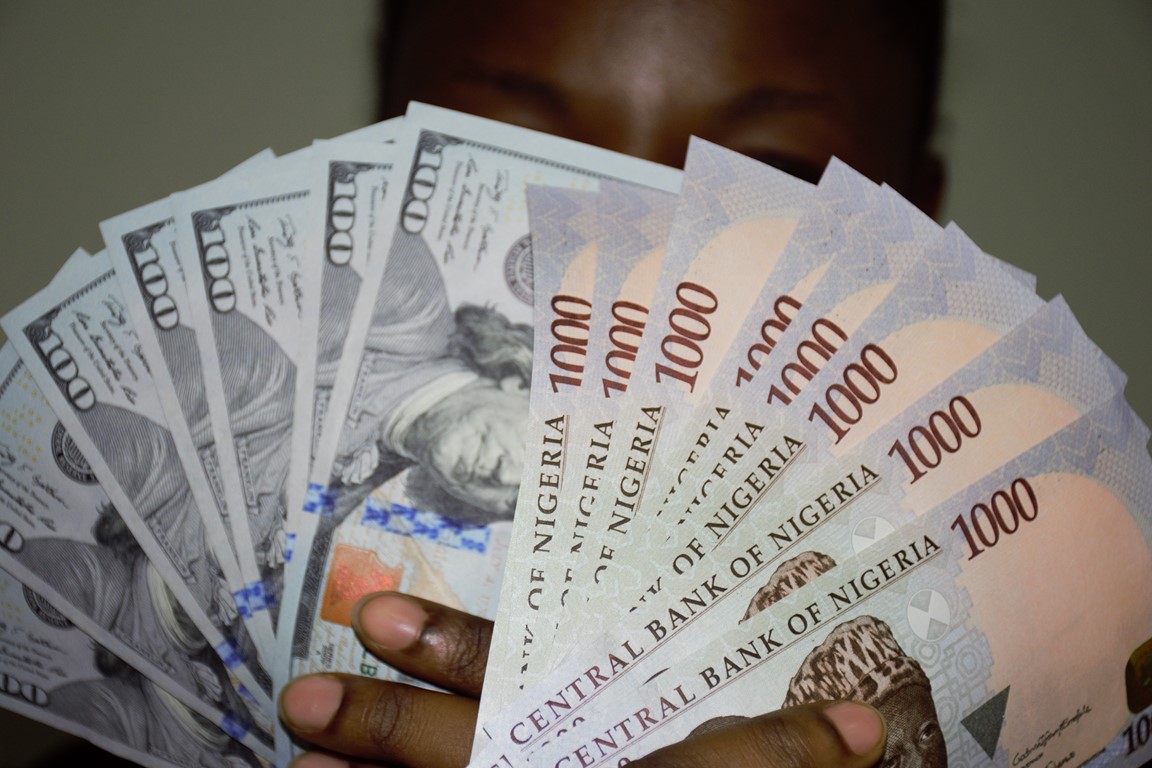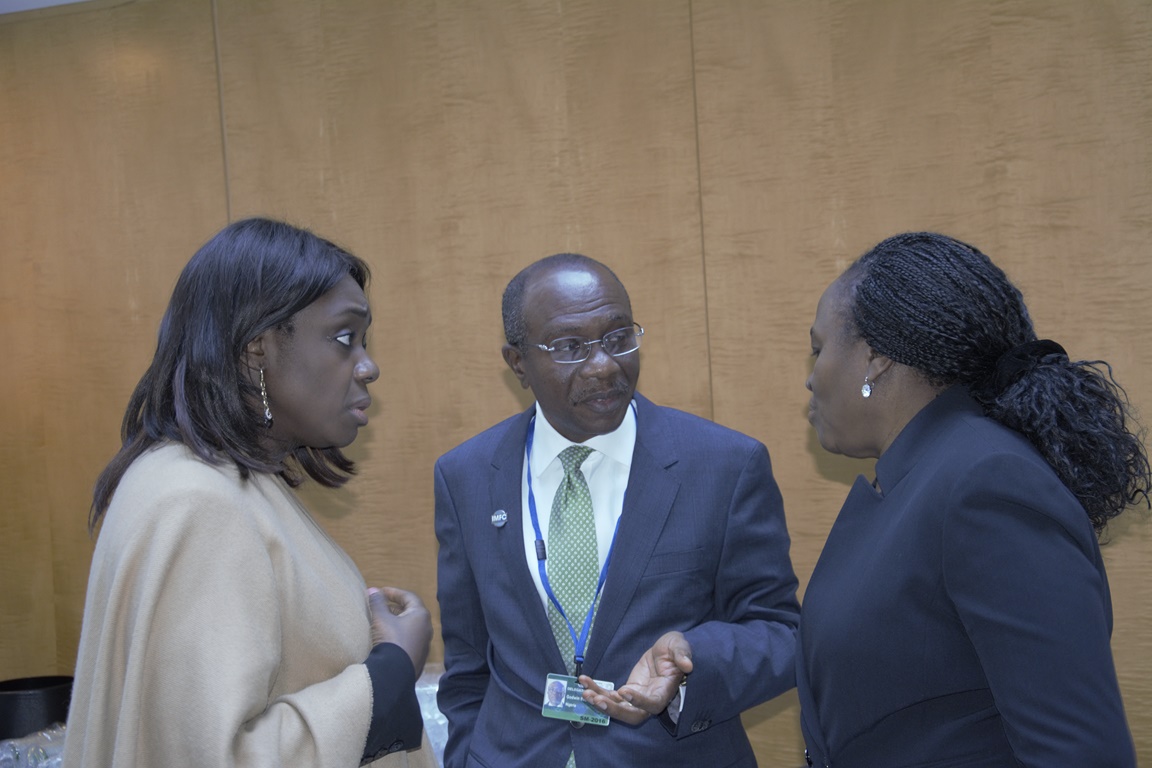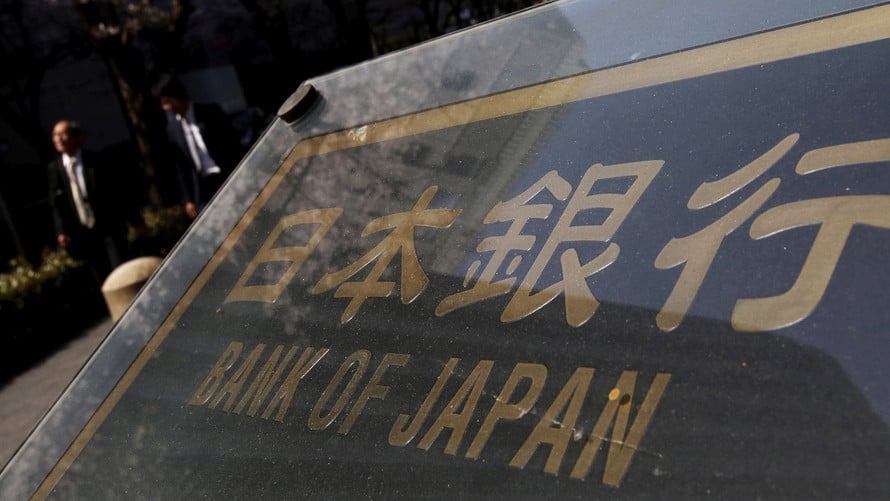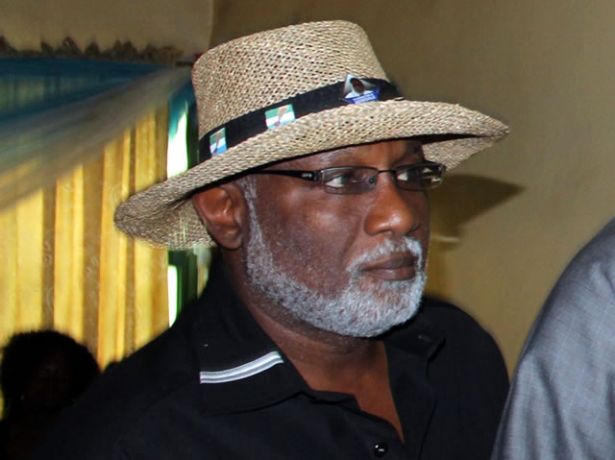Vice-President Yemi Osinbajo has blamed Nigeria’s current economic recession on the activities of vandals and militants in the Niger Delta region.
Speaking on Monday at a meeting with the private sector and the Economic Management Team (EMT), the professor of law said if Nigeria did not have cases of vandalism, it would not be in a recession.
“It is important for us to understand the nature of this recession in which we have found ourselves,” he said.
“In discussing this issue of recession there is tendency for people to generalise; a lot depends on what sort of recession and how we got here.
Advertisement
“If we did not have vandalisation in the Niger Delta as we are currently suffering, we will not have this recession today. Moreover, in looking at the solutions, we should try to focus on the type of problem we have and what instigated it. Then we can begin to come up with better solutions.”
Osinbajo said when the Dangote refinery comes on stream, the problems of vandalism will be alleviated.
“We are doing a whole lot by interfacing with the private sector because we realise their role in the economy. If the Dangote refinery comes on stream, it will help us overcome some of those challenges, like the sub-sea gas pipelines; it will take care of vandalisation.
Advertisement
”But I think the more important thing is how to clean up the mess in the power sector, especially infrastructure. In the short term, we will try to bring up power to an appreciable level to help the manufacturing sector.”
Members of the organised private sector listed 13 challenges seen as bedevilling the progress of the Nigerian economy.
Lack of access to finance got 32 percent vote, while difficulty in securing foreign exchange came in with 23 percent.
The presidential quarterly business forum also revealed that high interest rates and high energy cost polled 18 percent respectively.
Advertisement
Other challenges listed are transport and infrastructural deficit, weak export support, inconsistent government policies, and absence of clear investment policies.
Frank Udemba, president, Manufacturers Association of Nigeria (MAN), told state house correspondents it was encouraging that government now realises the importance of the private sector as the engine room for growth.
“It’s a wonderful development, the fact that government now engages the organised private sector and recognising the fact that the private sector is possibly the engine of growth, the driver of the economy,” he said.
“So we are happy about that. And this has given us opportunity to air our views and concerning the policies they have and how to get this country out of the current recession.
Advertisement
“It’s something that should be encouraged and we hope that it would continue. Already government has promised to sell off some assets to beef up the foreign reserve, that is key.
“We have a lot of challenges of doing business but basically they have to pump in a lot of money into infrastructure because that is a quick way to reflate the economy.”
Advertisement
Add a comment
